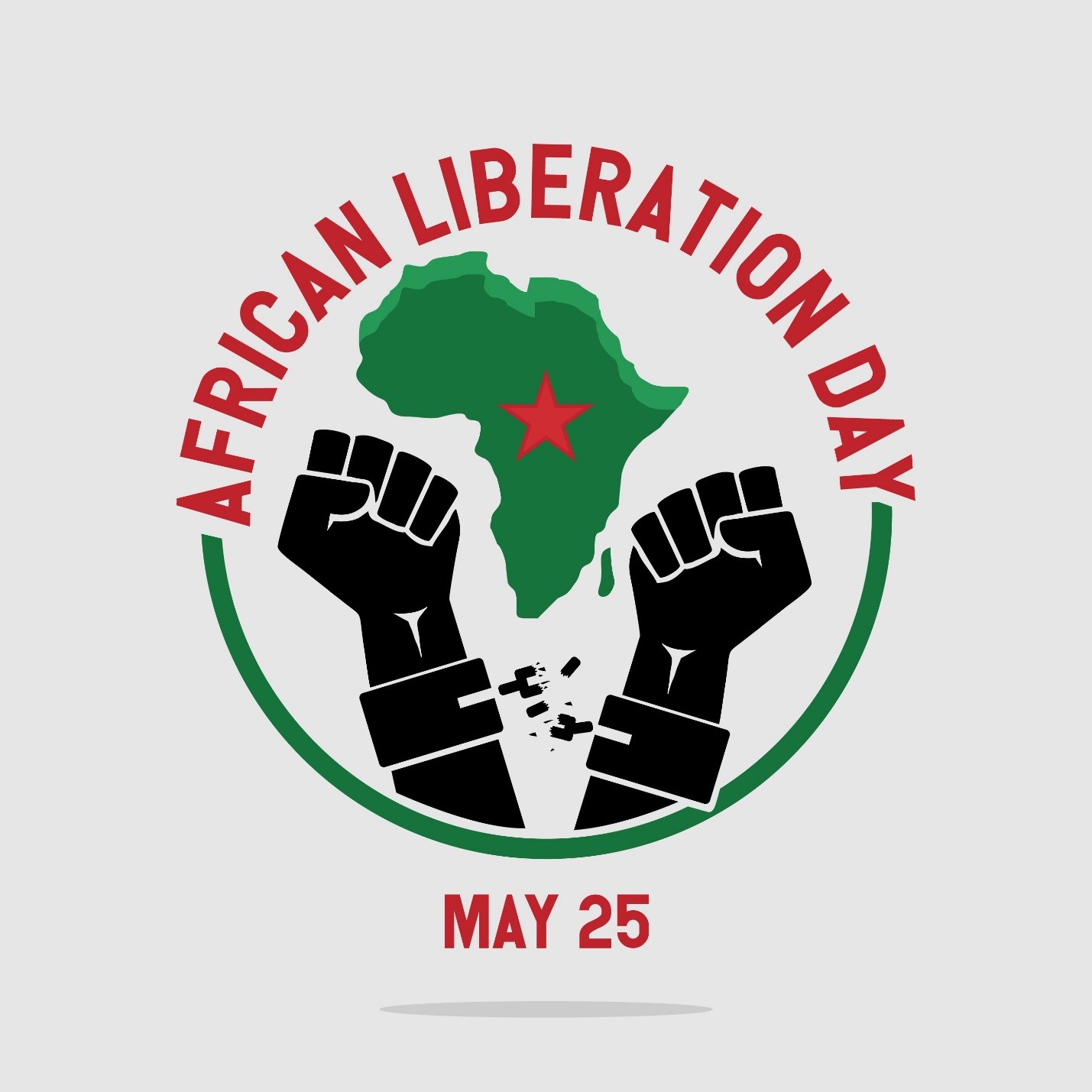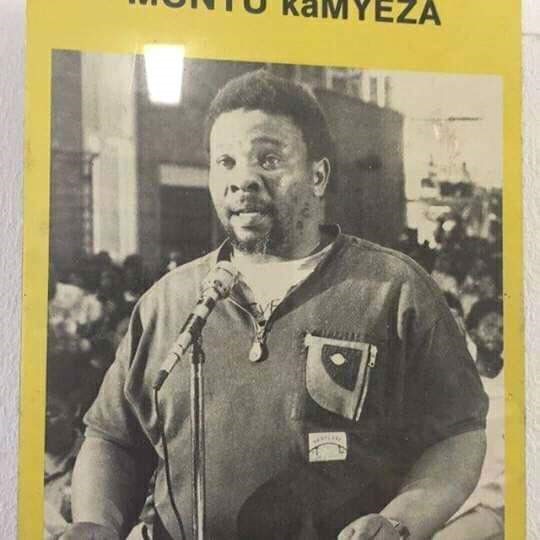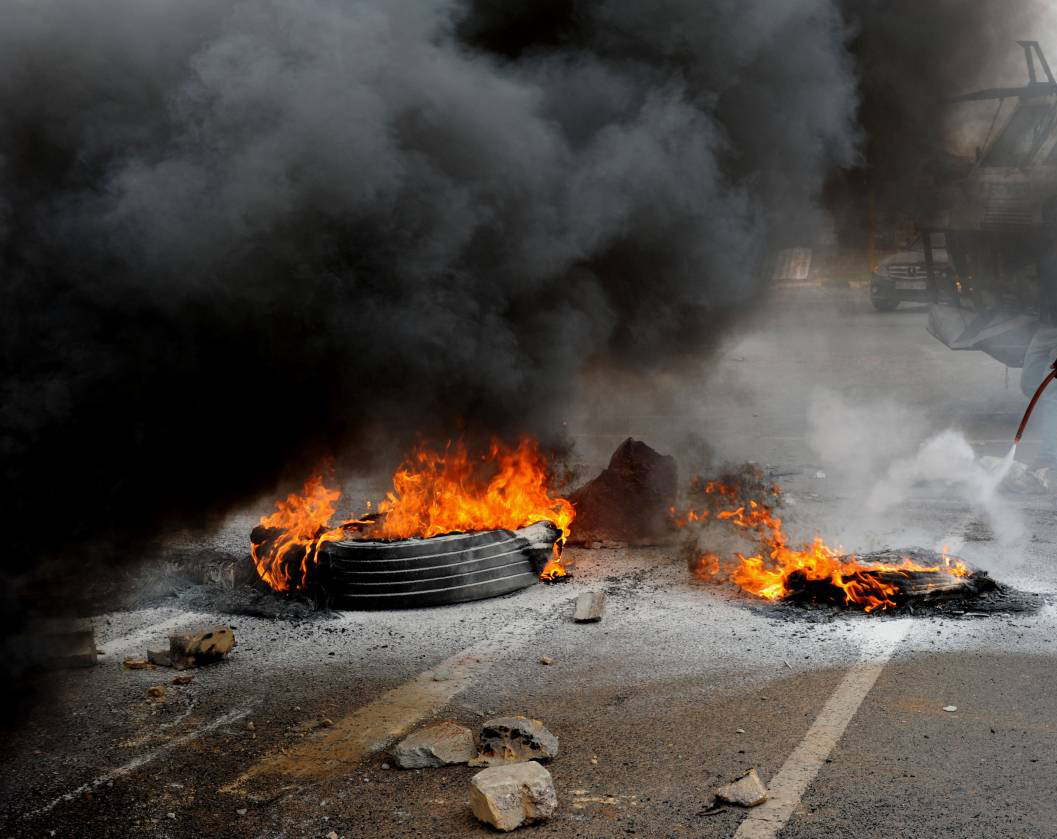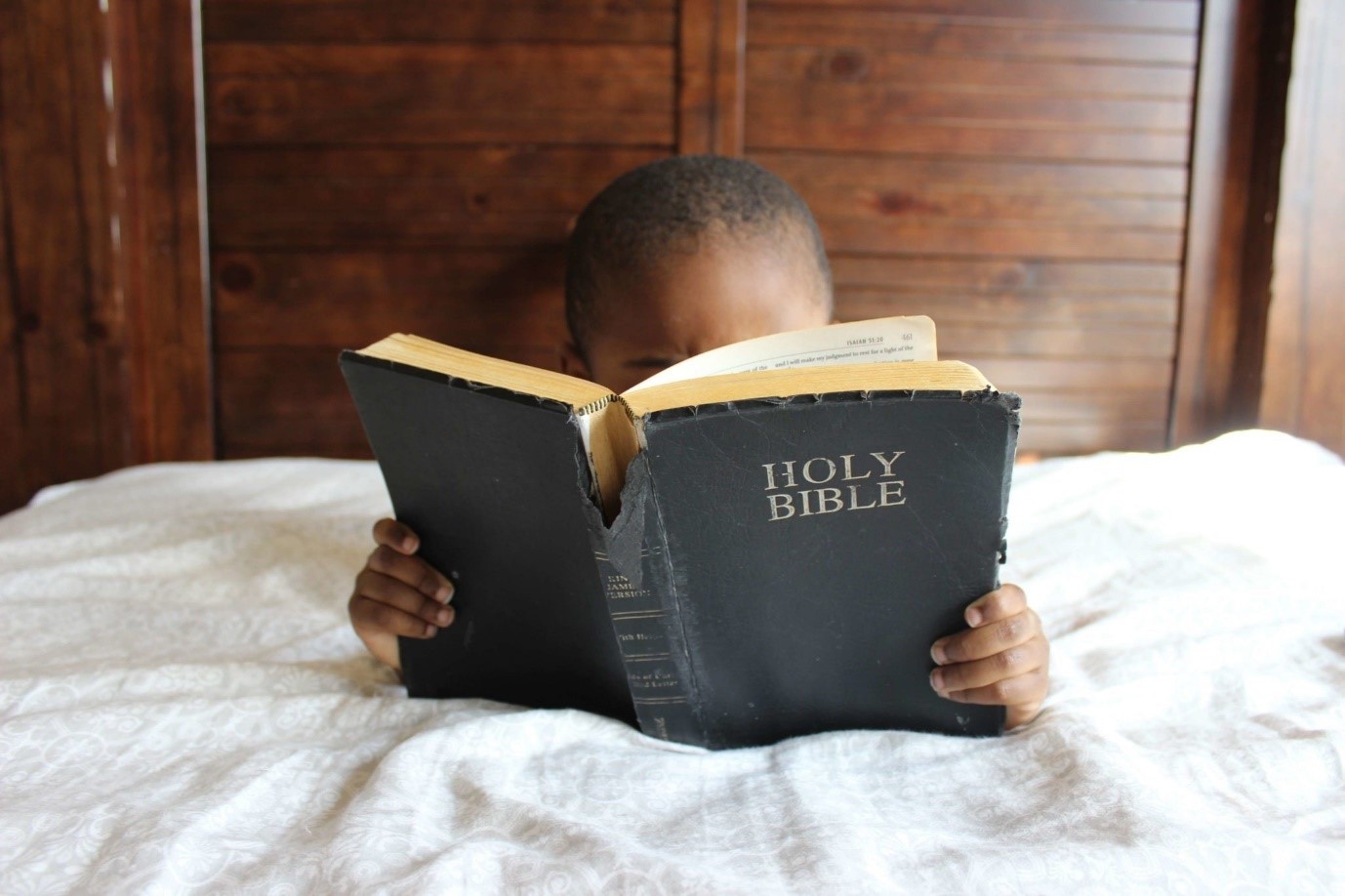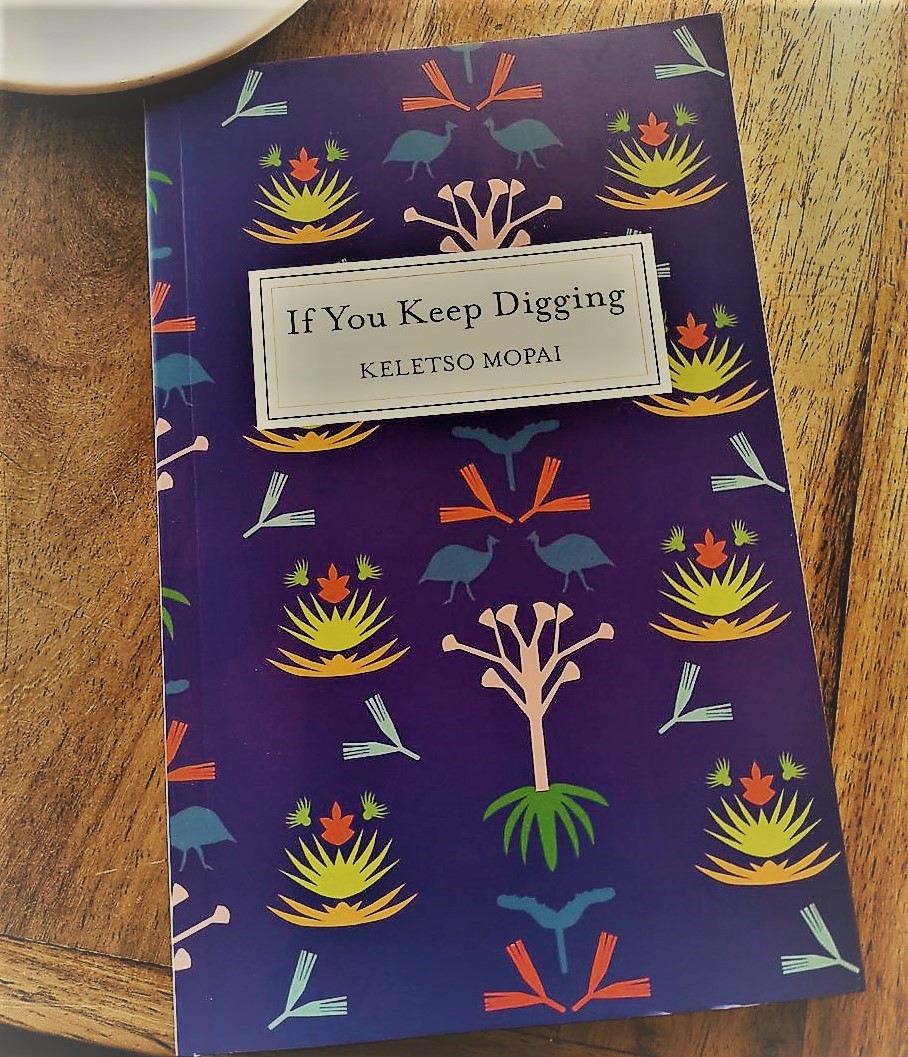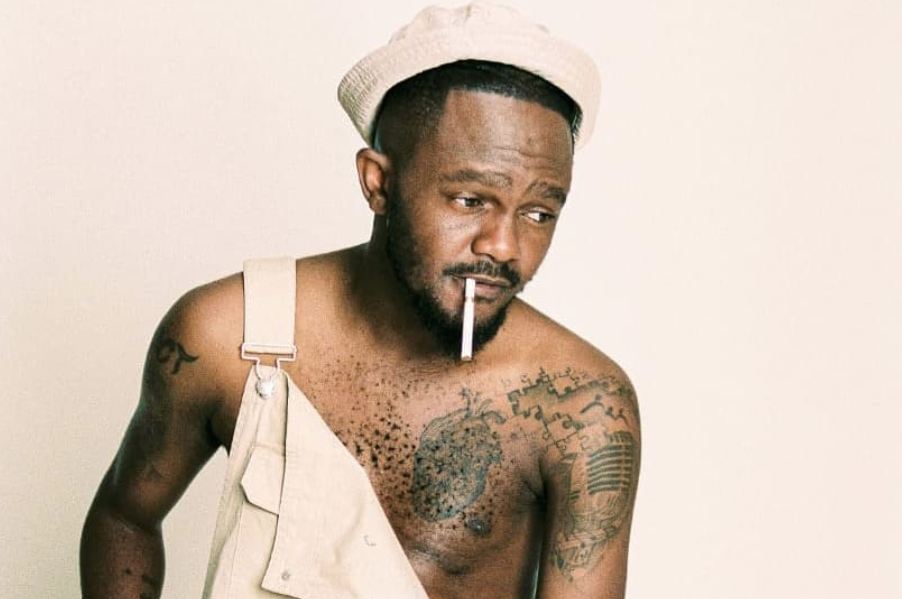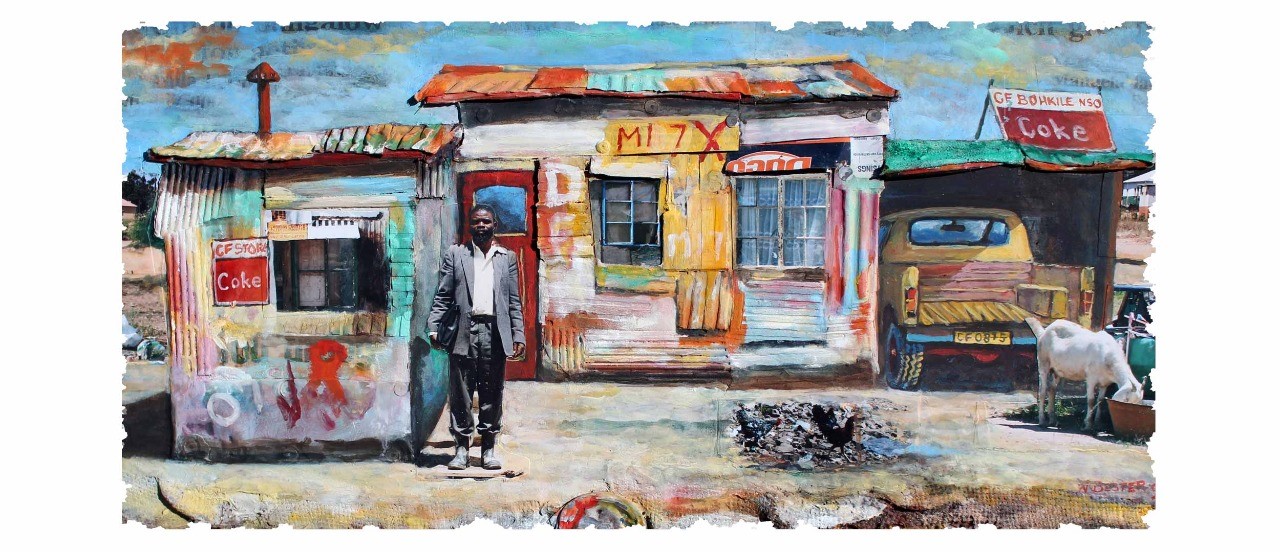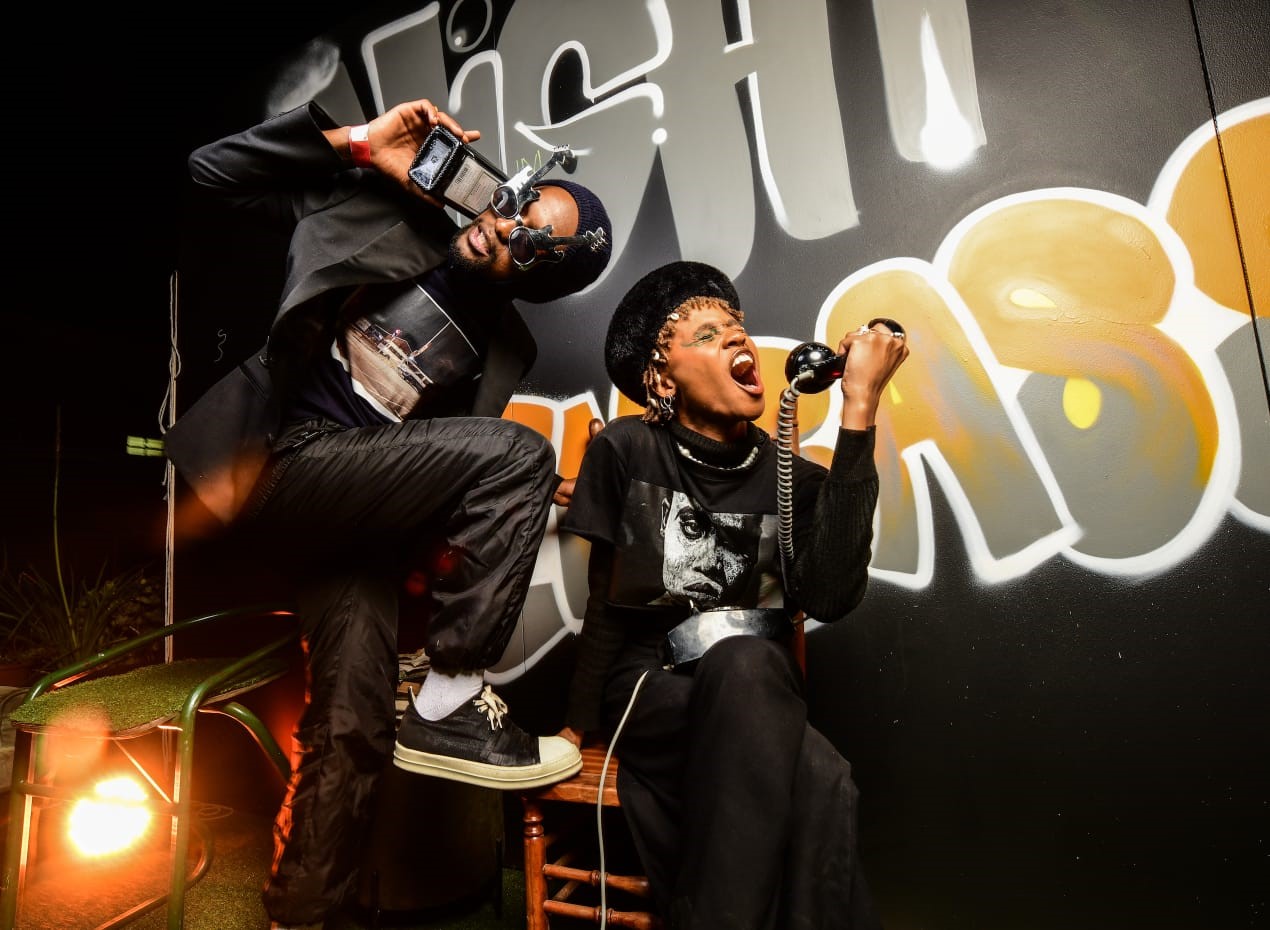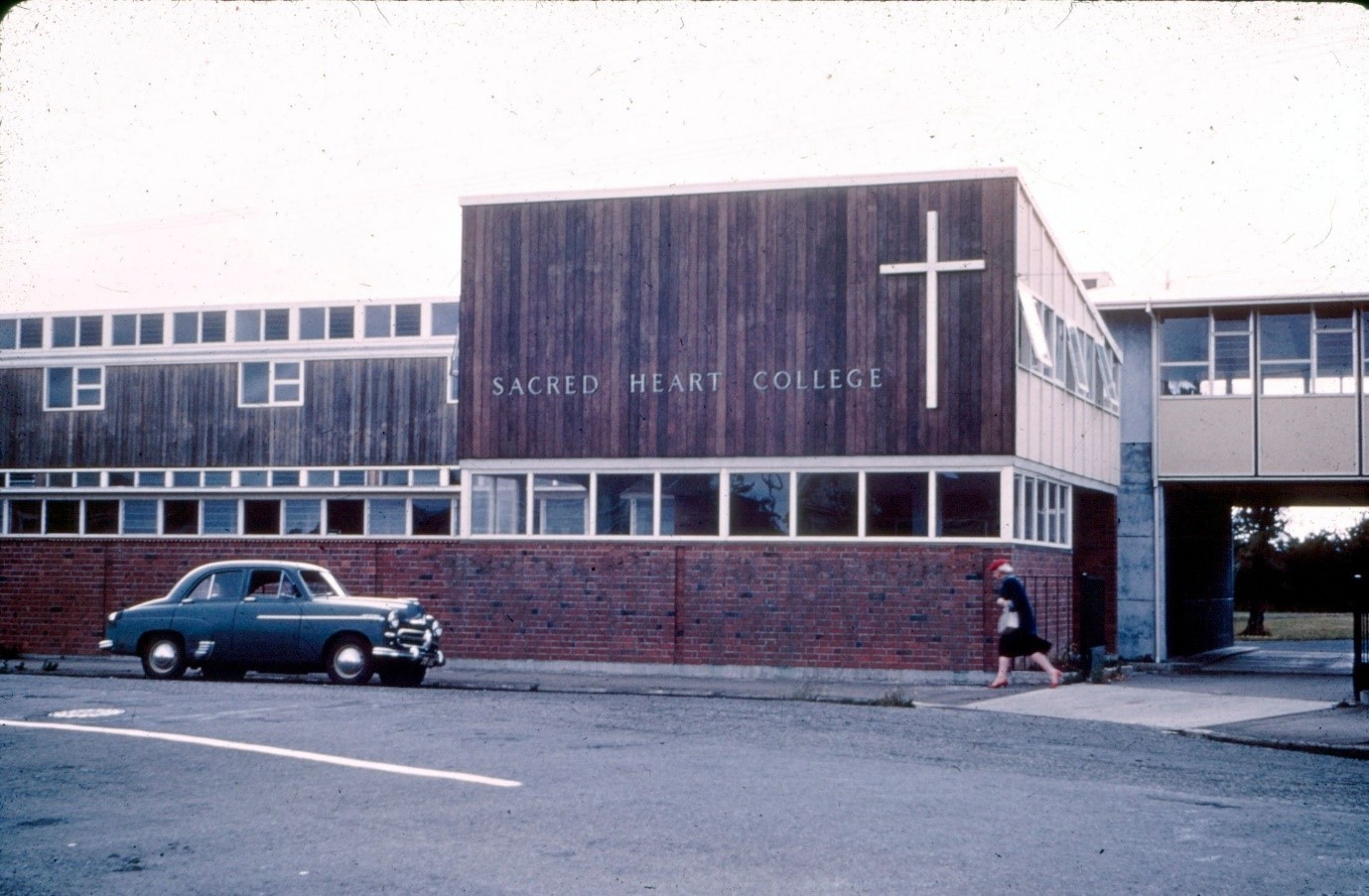One of the lingering legacies of colonial invasion in Afrika is the tragedy where, even in remembering what our invaders did to us, we find ourselves remembering in ways that are prescribed by our invaders.
There is therefore a sense in which what we call our historical memory can be described as a colonised memory. In other words, the manner in which we remember or claim to resist colonialism today, is itself a perpetuation of colonialism.
This then imposes on us the need to continue what I often refer to as the quest for cognitive sovereignty.
One of the moments that aptly demonstrates this cognitive conundrum is how we as Afrikans remember important moments such as Afrikan Liberation Day.
Today, 25 May, is a monumentally important day in the history of radical Afrikan resistance: Afrikan Liberation Day.
Sadly, we continue to see many Afrikans unthinkingly refer to this sacred day as 'Africa Day'.
While we as individual Afrikans have an obligation to inform ourselves, the bigger blame rests with Afrika’s neo-colonial elites, who continue to unleash massive state resources in furtherance of the project to mutilate the historical memory of Afrikans (especially its young people).
Afrikan Liberation Day was conceived in the crucible of anti-colonial resistance by among others Kwame Nkrumah. It has its genesis in a historic meeting held in Ghana from 8-13 December in 1958.
This meeting was termed the All-African People's Conference. It was attended by over 300 delegates representing over 60 organisations and over 20 Afrikan states.
This conference made a thorough analysis of the problems of Afrika and Afrikans, and placed the issues of colonialism and imperialism at the centre of the problems faced by Afrikans.
It also took bold decisions on the concepts of anti-colonialism, violence and Pan Afrikanism and the need to give structure and support to the liberation struggles being waged on the continent.
It was this Conference that took a decision that a day be designated to reflect on the progress that Afrika has made in so far as extricating itself from foreign domination and exploitation, is concerned.
The 1958 Ghana Conference then agreed to call the day 'African Freedom Day’. These efforts culminated in another historic meeting in May 1963 in Addis Abba, Ethiopia.
With the support of Emperor Haile Selassie of Ethiopia, a summit of Afrikan states was held, where a decision was taken to found a continental body, that will pursue the mission of the Ghana meeting: Afrikan liberation.
This Summit gave birth to the Organisation of African Unity (OAU). It was this Summit that took the decision to change the date of 'African Freedom Day' from 15 April to 25 May and renamed it African Liberation Day.
Therefore, Afrikan Liberation Day is actually about our collective experience as objects of colonial violence and our unparalleled history of resistance against foreign invasion, as Afrikans.
For this reason, it is a monumental scandal that today Afrikan Liberation Day is reduced to a cultural jamboree, where we gather to display our Afrikan attire and related cultural items, while being bamboozled by mind-numbing political speeches.
Afrikan Liberation Day is also a moment for honest reflection on our condition as the Afrikan race, and to rededicate ourselves to those anti-imperialist aspirations that serve as the umbilical cord between our generation activist and our Warrior Ancestors.
Warrior Ancestors such as Yaa Asantewaa, Nzinga, Mbuya Nehanda, Queen Nanny,Jean Jacques Dessalines, Yanga Gasper, Zumbi Dos Palmeiros, Nat Turner, Inkosi uHintsa kaKhawuta, Kgosi Mpokolong Jantjie.
Marcus Garvey, Kwame Nkrumah, Patrice Lumumba, Amilca Cabral, Dedan Kimathi, Ruben Um Nyobo, Eduardo Mondlane, Malcom X, Thomas Sankara, Muziwakhe Lembede,Josina Machel, Nomvo Booi, Nikiwe Matshoba, Nomzamo Madikizela and many others.
In the context of our time, Afrikan Liberation Day must serve as inspiration for critical thought and action. Critical thought and action on those issues that don’t appear in the highly publicized speeches of those who are today presented as Afrika’s leaders.
Critical thought and action on the fact that, today, the main obstacles to achieving the vision of the 1958 Ghana Conference is Afrika's obese- kleptocratic- self-serving- divisive- money driven- and criminally inclined neo-colonial elites.
Our generation must be concerned that there are currently over 15 armed conflicts in Afrika. Many of them sponsored by foreign interests but enabled by some of Afrika's neocolonial puppets and claiming the lives of many innocent Afrikans.
Our generation must be troubled by the phenomenon of the proliferation of foreign military bases in Afrika. Over 13 non-Afrikan countries have military bases in Afrika. The US and France are said to have the most troops in Afrika.
Do we know of any Afrikan country that has a military base in any western country? The growing nefarious activities of foreign privately owned security companies in Afrika must concern us deeply.
One of the groups that should concern us in the Wagner Group from Russia. According to the Institute for Security Studies, part of the modus operandi of the Wagner Group is to target mineral rich states with weak militaries and offer them security services in exchange for mineral rights.
Private South AfriKKKan security companies such as the Dyck Advisory Group, who are active in the Mozambique conflict, should also worry us.
Our generation must be concerned that estimates by the United Nations suggest that capital and finance worth $ 88.6 billion (US Dollars) leaves Afrika annually, illegally. The UN estimates that this grand looting is the equivalent 3.7 % of the continent's GDP.
Our generation must have the courage to confront one of the issues that so called Afrikan leaders are afraid to talk about openly, and that is the continuation of anti-black violence by the Arabs against Afrikans, in various parts of Afrika and the Arab world.
Most importantly, as a generation of activists, we have a duty to constantly and critically interrogate our understanding of concepts as Pan Afrikanism, Afrikan Nationalism, Black Consciousness, Afrocentricity, and do so in the context of the persistent hostility and distrust that exists among us as members of the Afrikan race.
Such an interrogation will hopefully help us to see the interconnectedness of the struggles of Afrikans on the continent, in the Middle East, in north, south and central America, Europe and the Pacific and that they must be waged as such.
Finally, moments such as Afrikan Liberation Day must infuse our generation of activists with the courage to actively build a global Pan Afrikanist revolutionary movement that will seek to unite the global Afrikan race, under the auspices of a well thought out programme for African unity and liberation.
As we commemorate Afrikan Liberation Day, let us never stop talking about the world's most ignored genocide in recent history: the mass murder and mass rape of our Afrikan kin in West Papua, and the continued and systemic attacks on Haiti.
Let us reclaim the essence of Afrikan Liberation Day and use it to inspire our generation to make its contribution to the historically- evolved and sacred project of global Afrikan unity and liberation.
Glory to Afrika!
Foward To Revolutionary Pan Afrikanism!
Down with neo-colonialism!
Down with the falsification of our resistance history.
Camagu!

